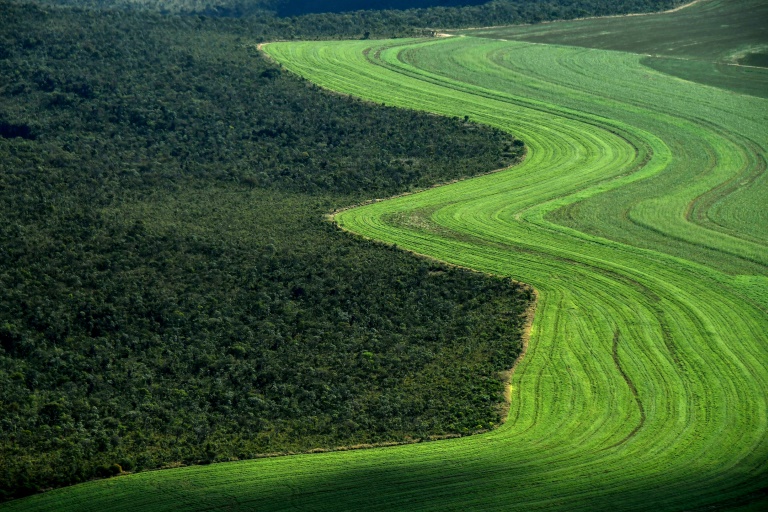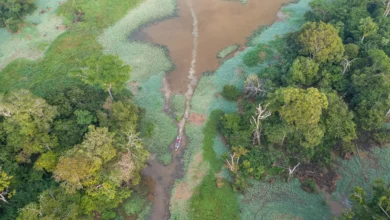Fifteen percent of Egypt’s fertile land and 14 million people will be displaced over the next 40 years as the Nile Delta is submerged with sea water, warned environmentalists at a seminar held at the Sawy Culture Wheel on Tuesday.
“The Nile waters diminish by 2 billion square meters each year and the High Dam has stopped any renewal of the Delta,” said Samer el-Mofty, an environmental consultant. Before building the High Dam, 100 to 130 million tons of sludge accumulated in the Delta annually; however, today the Nile Delta shrinks by 1.5 millimeters a year, he added. “Ideas or solutions will not come from our government; we need new blood and a different caliber of ideas to be introduced.”
The imminent threat posed by the submersion of the Nile Delta, as well as the lack of studies on the subject encouraged Mamdouh Hamza, consultant to the Minister of State for Environmental Affairs and founder of Hamza Associates, a multidisciplinary engineering consulting firm established in 1979, to begin his own studies in hopes of finding solutions.
According to the latest international studies by former US Vice President Al Gore and other environmentalists, 1.5 million feddans of Egyptian land will be submerged by sea water, resulting in a loss of 15 percent of arable land, said Hamza. Even more troubling, “Fourteen million people will be displaced and half of Egypt’s crops will disappear,” he added. The rising of the sea level is a result of global warming which takes place due to the increased levels of greenhouse gases in the atmosphere, such as carbon dioxide and methane. According to Hamza, these gases have reached their highest levels of the last 600,000 years. In recent figures, “The US contributes 30.3 percent of the green house gases that lead to global warming, while 27.7 percent is caused by European countries, 13.7 percent by Russia, 12.2 percent by Southeast Asian countries and 2.6 percent by countries in the Middle East."
In addition, the Egyptian coastal area will lose nearly 1.5 million feddans of land and places like Manzala, Rommana, Seidi Kreir, Port Said, Port Fouad and many other coastal cities will be submerged, added Hamza.
Preemptive measures must be taken and should include a barrier for groundwater, a barrier for surface water and protection of lake entry points (protective barriers between the northern lakes–such as Lake Borolos–and the sea), said Hamza. In addition, an embankment increasing the height of the coastal area by 1.5 to 2 meters should be constructed with sand shoveled from the bottom of the sea. Furthermore, an underground concrete and plastic wall should be built to prevent the leakage of sea water into underground water resources, and “a sensory system will be attached to the wall to detect any leakage; and to the construction work around the northern lakes and their entry points,” concluded Hamza.
“The project does not need foreign expertise and has been done before, on a smaller scale, in East Manzala and Bibliotheca Alexandrina,” added the engineer. When asked about the cost of the project, Hamza said the budget is estimated to be between LE15 and 18 billion and would take 12 to 18 years to complete. The project is still in its conceptualization phase and has not been authorized by an official body.




